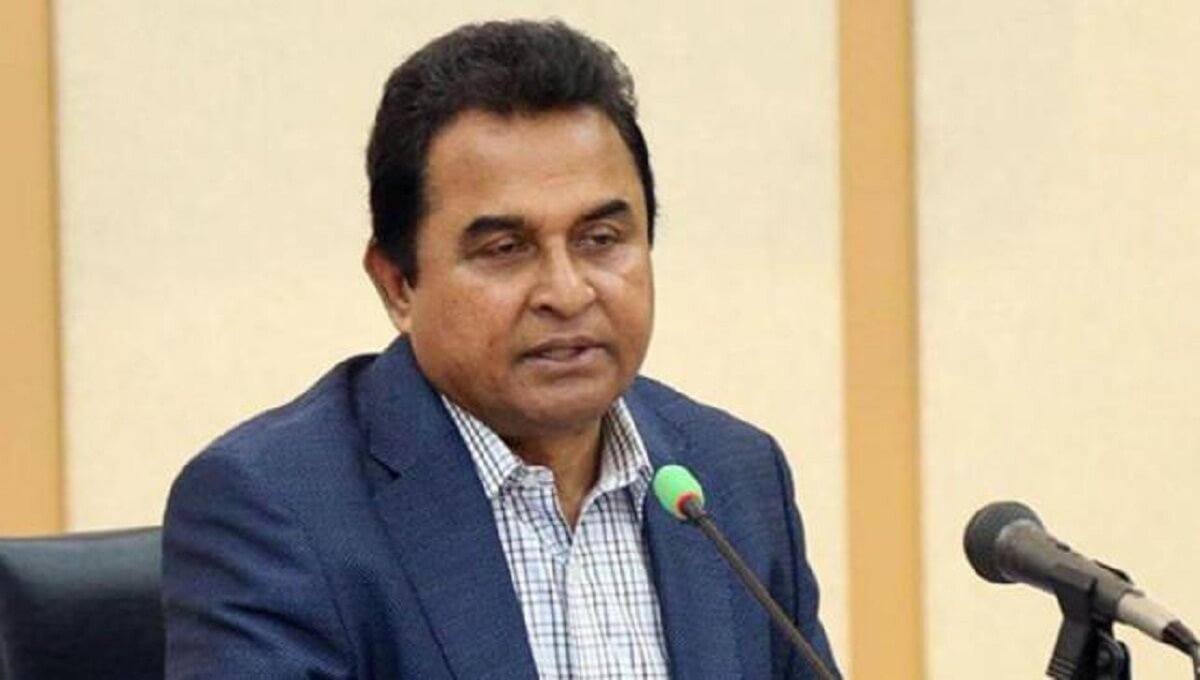Bangladeshi Finance Minister AHM Mustafa Kamal warned developing countries to “think twice” before taking loans under China’s Belt and Road Initiative (BRI), citing the example of Sri Lanka, which has seen a dramatic rise in inflation and a foreign reserve crisis.
Speaking to the Financial Times, Kamal blamed China for Sri Lanka’s economic woes, saying, “Everybody is blaming China. China cannot disagree. It’s their responsibility.” He said Chinese authorities had not performed rigorous assessments while deciding which projects to finance in developing countries, leading to “debt distress.”
Between 2011 and 2021, China invested over $10 billion in infrastructural projects in Bangladesh. However, reports suggest that Beijing has missed several deadlines set by the agreements.
Bangladesh’s finance minister tells the @FT that developing countries must think twice about taking more loans through China’s Belt and Road Initiative as global inflation and slowing growth add to the strains on indebted emerging markets https://t.co/LodsZDEZpr
— Benjamin Parkin (@b_parkyn) August 9, 2022
Keeping this in mind, Kamal revealed that Bangladesh would complete all “essential” and pending BRI projects as soon as possible but declared: “To other projects, we’re saying, no thank you.”
Nevertheless, while the finance minister acknowledged that Bangladesh is “under pressure,” it does not face the risk of a Sri Lanka-like crisis, saying, “There is no way to even think of a situation like that.”
The interview comes just days after Chinese foreign minister Wang Yi’s visit to Dhaka, where he met with Prime Minister Sheikh Hasina and signed four Memorandums of Understanding. Following the meeting, the Chinese embassy in Dhaka released a statement calling Beijing “Bangladesh’s most reliable and long-term strategic partner.” Amongst other issues, the pair vowed to bolster “cooperation in infrastructure.”
Foreign Minister Wang Yi: China appreciates Bangladesh's adherence to one-China principle --bit.ly/3Qqz9uxpic.twitter.com/V0PjIHLmG4
— Zhang Meifang张美芳 (@CGMeifangZhang) August 8, 2022
The developments come against the backdrop of a looming threat of an economic crisis in Bangladesh, instigated by the COVID-19 pandemic and the Ukraine war’s impact on global food and energy prices. In fact, Bangladesh defaulted on its foreign debt in May.
In total, Bangladesh has a foreign debt of $62 billion, 15% of which is owed to Japan, the country’s largest creditor. It owes $4 billion, or 6% of its foreign debt, to China.
Bangladesh’s foreign reserves also dropped from $45 billion to $40 billion last year, while the budget deficit has grown to 6.2% of the GDP. Inflation, too, has risen to 7.56%, with a 12-month average of 6.15%. The Asian Development Bank predicts a 6.9% GDP growth in 2022 and 7.1% in 2023.
The world continues to wake up to Beijing’s coercive economic practices. Bangladesh’s finance minister sends out a distress call concerning Belt & Road predatory loans. Kenya, Pakistan, Zambia, now Bangladesh. Everyone has now been warned!https://t.co/zm1J63RP5L
— ラーム・エマニュエル駐日米国大使 (@USAmbJapan) August 9, 2022
Against this backdrop, in July, Bangladesh joined a long list of Asian countries that have reached out to the International Monetary Fund (IMF), requesting a $4.5 billion loan. $1.5 billion would finance climate action and develop resistance measures against flash floods and rising sea levels.
It is also seeking an additional $4 billion from the World Bank, the Asian Development Bank, the Asian Infrastructure Investment Bank, and the Japan International Cooperation Agency. Kamal said he is “optimistic” that the country would secure loans from these institutions.

